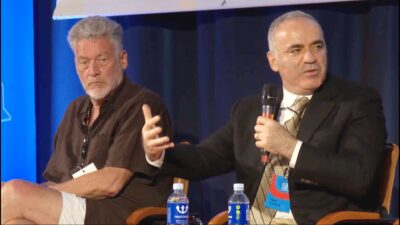The Association of Business Patriots Avanti appealed to the head of the Ministry of Labor Anton Kotyakov with a proposal to introduce a six-day workweek in Russia, Izvestia wrote on May 22, citing a letter from the organization.
The authors of the initiative say that before the introduction of the first wave of sanctions in 2014, the Russian economy was growing and was among the top five economies in the world, but now the number of restrictions has grown significantly, which has increased the burden on the economic sector. Increasing the workweek would help increase the strength of the economy, the authors believe.
TASS cited a proposal by Aleksandr Shershukov, deputy head of the Federation of Independent Trade Unions of Russia, to introduce a reduced workweek of up to four days at the end of March. He said that this could be one of the measures that would help save jobs in the labor market. There is an explanation for this difference in the proposals.
The military-industrial complex, which has begun working around the clock in Russia to provide arms and ammunition for the Russian army fighting in Ukraine, is demanding workers. In other spheres there is a decline in production and a reduction in the need for workers.
It should be noted that the five-day week (40 hours) is the most common work format in the world. It is followed in most countries, including the Russian Federation.
The Association for the Development of Business Patriotism in Russia Avanti appeared in mid-summer 2014, after Russia annexed Ukraine’s Crimea and began military operations in eastern Ukraine.
The goal of Avanti is declared to be to help “fulfill the tasks and expectations of society, the state, and the president.
At the origin of the association is entrepreneur Umar Dzhabrailov, who for several years was a member of the Federation Council from the Chechen Republic.




